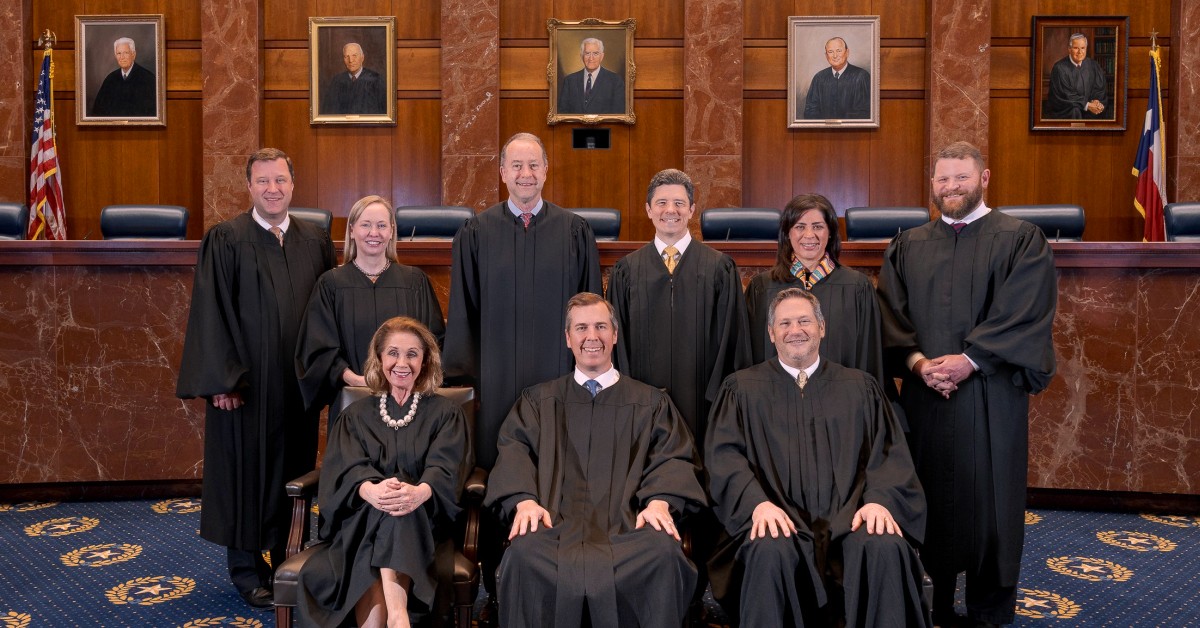
On June 27, 2025, the Texas Supreme Court issued its opinion in Werner Enterprises, Inc. v. Blake, No. 23-0493, providing significant guidance on the doctrine of proximate cause in Texas negligence law. The Court reversed a multimillion-dollar judgment against Werner Enterprises and its driver, holding that the defendants’ conduct was not a substantial factor in causing the plaintiffs’ injuries, and that the sole proximate cause was the loss of control by a third-party driver.
This decision is important for transportation companies, insurers, and litigators handling catastrophic accident cases in Texas.
Key Takeaways:
- Proximate Cause Requires a Substantial Factor: The Court held that, even if Ali’s speed was negligent and a “but-for” cause of the accident, it was not a substantial factor in bringing about the injuries. The “sole proximate cause” was Salinas’ loss of control and sudden entry into oncoming traffic, which left Ali no time to react.
- Negligence Must Be More Than a “Happenstance of Place and Time”: The Court emphasized that liability does not attach to a party whose conduct merely furnishes the condition that makes an injury possible, but only to those whose conduct is actually responsible for the ultimate harm.
- No Derivative or Direct Employer Liability: Because Ali’s conduct was not a proximate cause, all claims against Werner, whether based on direct or derivative theories (such as negligent training or supervision), also failed as a matter of law.

